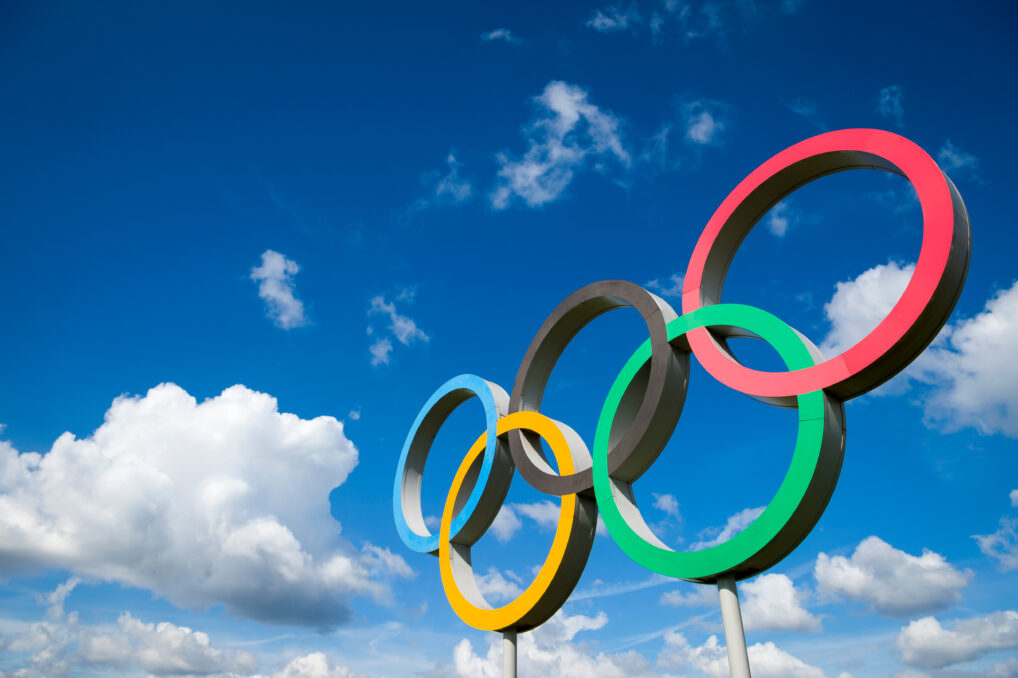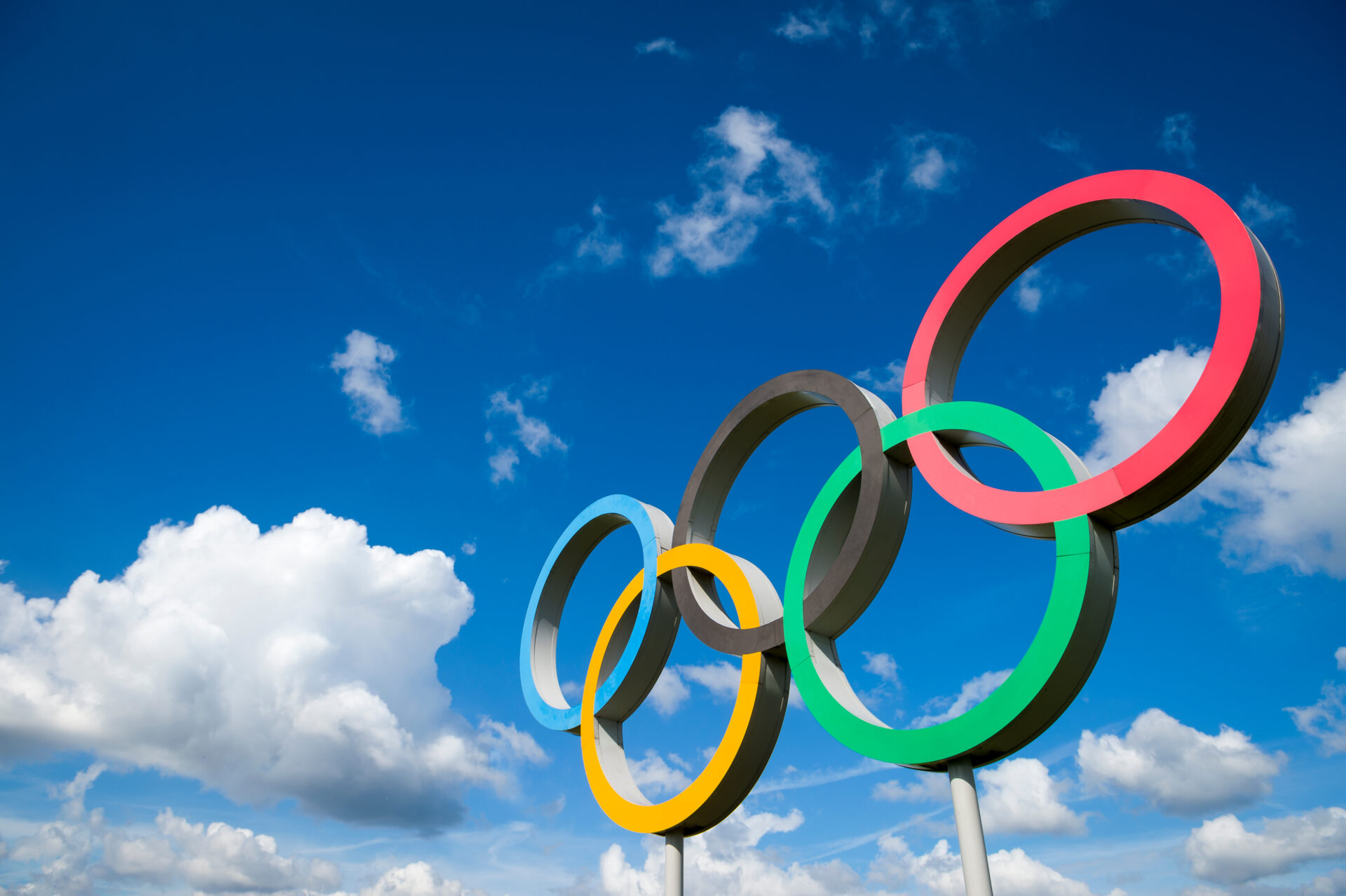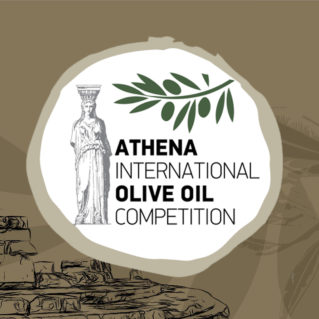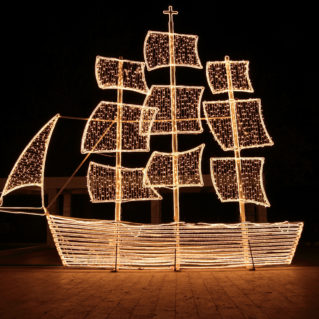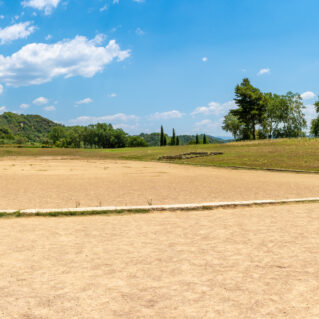The Modern Olympic Games is a Celebration of Global Unity and Sporting Excellence!
The modern Olympic Games, revived in 1896 by Baron Pierre de Coubertin, have become one of the most prestigious and anticipated sporting events in the world. Inspired by the ancient Olympic Games, these games bring together athletes from all continents to celebrate sporting excellence, friendship and international peace.
Birth of the Modern Olympic Games
In the late 19th century, Pierre de Coubertin, a French educator and historian, proposed restoring the Olympic Games to promote peace and mutual understanding through sport. This is how the first modern Olympic Games took place in Athens in 1896, bringing together 14 countries and around 241 athletes who participated in 43 events in 9 different sports.
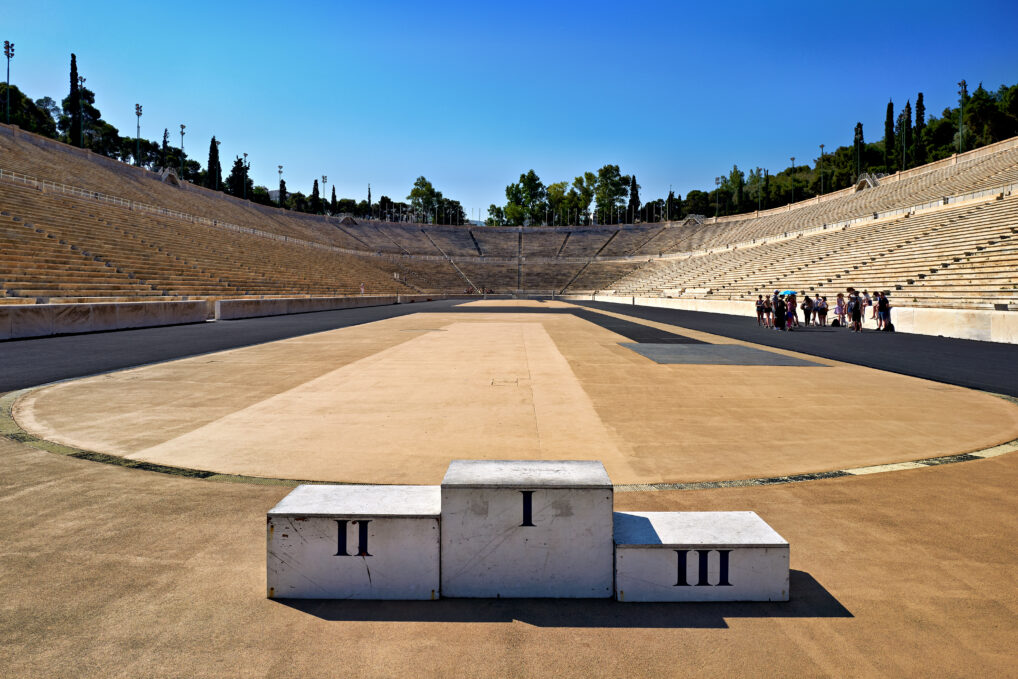
Evolution and Growth
Since their rebirth, the Olympic Games have experienced phenomenal expansion. The 2021 Tokyo Summer Games, for example, brought together more than 11,000 athletes from 206 nations, competing in 33 sports and 339 events. The Winter Games, first held in 1924 in Chamonix, France, have also grown in popularity, featuring sports such as skiing, figure skating and ice hockey.
Symbol of Peace and Unity
One of the fundamental missions of the modern Olympic Games is to promote peace and unity among nations. The parade of nations at the opening ceremony, where athletes from each country enter the stadium together, is a powerful symbol of global unity. Additionally, the tradition of the Olympic flame, lit in Olympia, Greece and carried to the host city, symbolizes the continuity and spirit of the Games throughout the ages.
Innovations and Inclusivity
The modern Olympic Games have constantly evolved to reflect contemporary values. The inclusion of women, for example, has been a significant progression, with their first participation in the Paris Games in 1900. Today, gender equality is a key goal of the International Olympic Committee (IOC), with a number almost equal competitions for men and women.
The inclusion of the Paralympic Games, first held in 1960 in Rome, also marked a milestone, providing a platform for disabled athletes to demonstrate their talent and determination. Similarly, the Summer Youth Olympic Games, launched in 2010 in Singapore, aims to encourage young athletes and promote Olympic values among the world’s youth.
Challenges and Controversies
The modern Olympic Games are not without challenges. Issues of doping, corruption, exorbitant costs for host cities and security have often sparked controversy. The IOC continually works to strengthen transparency, accountability and sustainability measures to preserve the integrity of the Games.
The Lasting Legacy
Despite the challenges, the modern Olympic Games continue to captivate the world and inspire millions. They provide a stage where athletes push the boundaries of human performance, where records are broken, and where stories of personal triumph and perseverance emerge.
Ultimately, the modern Olympic Games are not just a celebration of sport, but a manifestation of the universal values of respect, friendship and excellence. With each edition, they remind the world that, despite our differences, we can unite around a common goal: to celebrate human potential and aspire to a better future, together.
